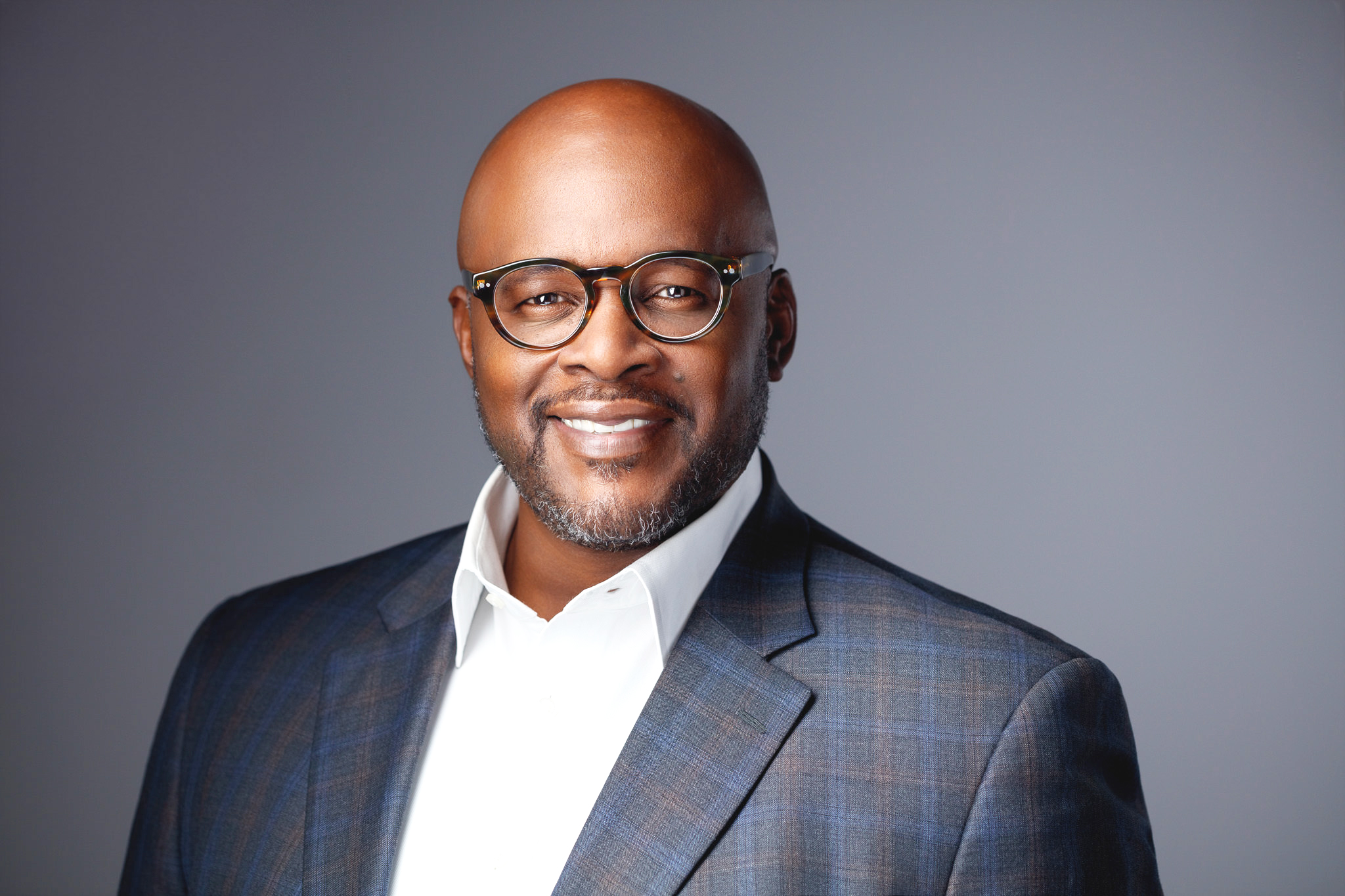
denver.gov

Audio By Carbonatix
Denver is indeed at a crossroads. The question before us is not whether the Executive Director of Safety should wear a badge — it is whether the leader of this department can unify diverse agencies, balance accountability with innovation, and steer Denver toward a future where both safety and civil liberties thrive.
The Denver Department of Public Safety was intentionally structured to be led by a civilian. This ensures that oversight is independent, that community trust is maintained, and that the Chief of Police, the Sheriff and the Fire Chief can focus on their specialized operational duties. This also makes sure that all public safety agencies, both sworn and civilian, effectively collaborate, make meaningful changes and operate in a cohesive direction. Cities like Portland, Chicago, Los Angeles and Minneapolis have public safety leaders without law enforcement backgrounds, and those models have shown that civilian oversight strengthens accountability and innovation.
Al Gardner comes to this role not as a rookie but as an experienced executive. At the City and County of Denver, he led the Department of General Services, a charter agency overseeing more than six million square feet of facilities, citywide contracts, security at all city facilities, and nearly a billion dollars in procurement. Under his leadership, the city streamlined contracting processes, improved compliance, integrated departments and delivered measurable efficiencies that supported multiple city agencies, including safety agencies. That is operational leadership at scale, and it is exactly the kind of acumen required for this role.
Moreover, Gardner has deep roots in oversight and accountability. He served as Chair of the Citizen Oversight Board, where he worked with Denver City Council and community members to draft ballot language strengthening the Office of the Independent Monitor. Gardner served on the Civil Service Commission, helping to shape policies that govern public safety personnel. He also sat on both police and sheriff advisory boards, working directly with chiefs, sheriffs and commanders on discipline models and reforms. His experience is not limited to offering recommendations from the sidelines — Gardner drives change and efficiency at the system level.
Perhaps the strongest validation comes not from titles on a résumé, but from the trust of those who serve every day. Denver’s Chief of Police, Sheriff and Fire Chief have voiced their support. So, too, have respected leaders like retired Denver Police Commander Les Perry, former Speaker of the Colorado House Terrance Carroll, former Denver Independent Monitor Nick Mitchell, President of Local 858 Chris Ferguson, Denver NAACP President Dr. Tony Henderson and former Executive Directors of Safety Murphy Robinson and Armando Saldate. Their confidence reflects not just recognition of Gardner’s ability to lead, but an understanding that public safety requires a partner who can support operational leaders while ensuring accountability, fiscal discipline,and community trust.
Gardner’s vision for Denver’s Department of Public Safety rests on three values: collaboration, accountability and innovation. He has committed to creating a unified data strategy across agencies, developing performance indicators that drive resources to where they are most needed, and prioritizing the wellness of our safety personnel. He believes that safety in Denver is defined not just by the absence of harm but by the presence of trust, fairness,and opportunity.
An old paradigm suggests that only law enforcement can oversee law enforcement. But the lesson from cities across the country is clear — true accountability requires independence. When operational leaders are supported by a civilian executive with no divided loyalties, they can focus on their missions while the system as a whole becomes stronger.
Denver does not need another commander in uniform at the top. It needs an executive leader who can unify, reform and build trust. It needs someone who has proven their ability to lead across agencies, manage billion-dollar operations, and keep the public interest at the center of every decision.
That is the leader Gardner intends to be.